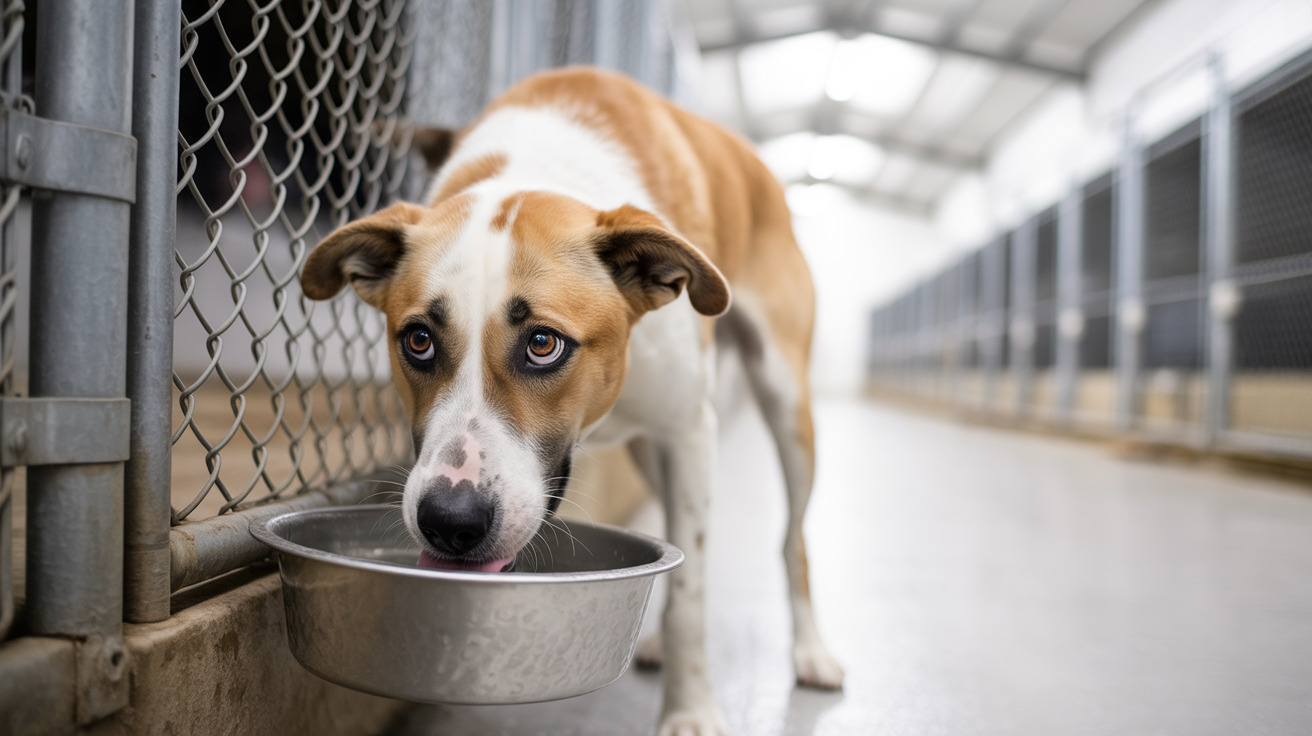Why Deli and Lunch Meats Are Unsafe for Dogs
Feeding your canine companion a well-balanced, nutritious diet is key to their long-term health. While many pet owners enjoy spoiling their dogs with people food, it's essential to know which meats are safe and which pose health risks. One such meat category that should never be fed to dogs is deli and lunch meats.
The Dangers of Deli Meats
Deli meats—including ham, salami, bologna, turkey slices, and roast beef—may seem like tasty treats, but they come with numerous hidden dangers for dogs:
- High Sodium Content: Dogs are significantly more sensitive to salt than humans. Overconsumption can cause salt poisoning, which may manifest as dehydration, excessive thirst, vomiting, tremors, or even coma and death in extreme cases.
- Preservatives and Additives: Deli meats are often packed with nitrates, nitrites, artificial colors, and flavor enhancers like MSG. These compounds can disrupt your dog’s digestive system and may increase the risk of cancer when consumed regularly.
- Toxic Seasonings: Spice blends used in deli meats often contain garlic and onion powder, both of which are toxic for dogs. Ingesting these seasonings can damage red blood cells and lead to anemia.
- High Fat Content: Fatty deli items like salami can result in digestive issues or even pancreatitis, especially when consumed in large quantities.
- Foodborne Pathogens: Packaged meats can harbor dangerous bacteria such as Listeria monocytogenes, posing risks of vomiting, diarrhea, fever, and neurological symptoms in pets.
Symptoms to Watch For
If your dog has consumed deli meat, monitor them closely for the following symptoms:
- Vomiting or diarrhea
- Excessive thirst or urination
- Lethargy or weakness
- Loss of appetite
- Abdominal pain
- Tremors or seizures (in severe cases)
Seek immediate veterinary care if any of these symptoms occur, especially if a large amount of deli meat was consumed.
Accidental Ingestion: What to Do
If your dog ate a small quantity of plain, unseasoned deli meat, it’s unlikely to cause serious harm. However, take these steps to minimize risk:
- Provide plenty of fresh water
- Observe for signs of discomfort for the next 24–48 hours
- Offer a bland diet, such as plain boiled chicken and rice, if symptoms arise
- Consider probiotic supplements to soothe minor digestive upset
Safer Meat Alternatives for Dogs
Instead of deli meats, offer your dog these healthy protein options:
- Plain, boiled or baked chicken breast
- Unseasoned, cooked lean beef or pork
- Eggs (fully cooked)
- Commercially formulated dog jerky treats with no additives
Always ensure that these meats are prepared with no added salt, spices, or sauces, and are cooked to safe internal temperatures to eliminate any risk of bacterial contamination.
Why Raw Meat Is Also Discouraged
Although some dog owners advocate raw diets, veterinary professionals generally advise against them due to the risk of parasites and harmful bacteria, such as Salmonella and E. coli. Cooked, unseasoned meats are a safer way to provide high-quality protein to your pet.
How to Read Ingredient Labels
Pet owners must be vigilant about checking ingredient labels. Avoid anything containing:
- Onion or garlic powder
- Artificial colors (e.g., caramel color)
- High sodium levels
- Preservatives such as nitrates and nitrites
Even seemingly benign descriptions like “smoked” or “flavored” can indicate added seasonings, so choose single-ingredient meat products whenever possible.
Portion Control
Treats, even healthy ones, should comprise no more than 10% of your dog’s total daily caloric intake. Overfeeding, regardless of the food type, can lead to obesity and other health complications.
Packaging and Wrappers: An Overlooked Risk
In some cases, dogs may ingest meat packaging or wrappers, which can lead to intestinal obstruction—a serious condition requiring emergency surgery. Always discard food waste in sealed bins out of pets’ reach.
Conclusion
The risks associated with feeding dogs deli and lunch meats far outweigh any perceived reward. Between harmful ingredients, high sodium content, potential toxins, and contamination risks, these processed meats should never be part of your dog's diet. Instead, stick to natural, thoroughly cooked meats without additives as occasional, well-portioned treats to ensure your best friend stays healthy and happy.





